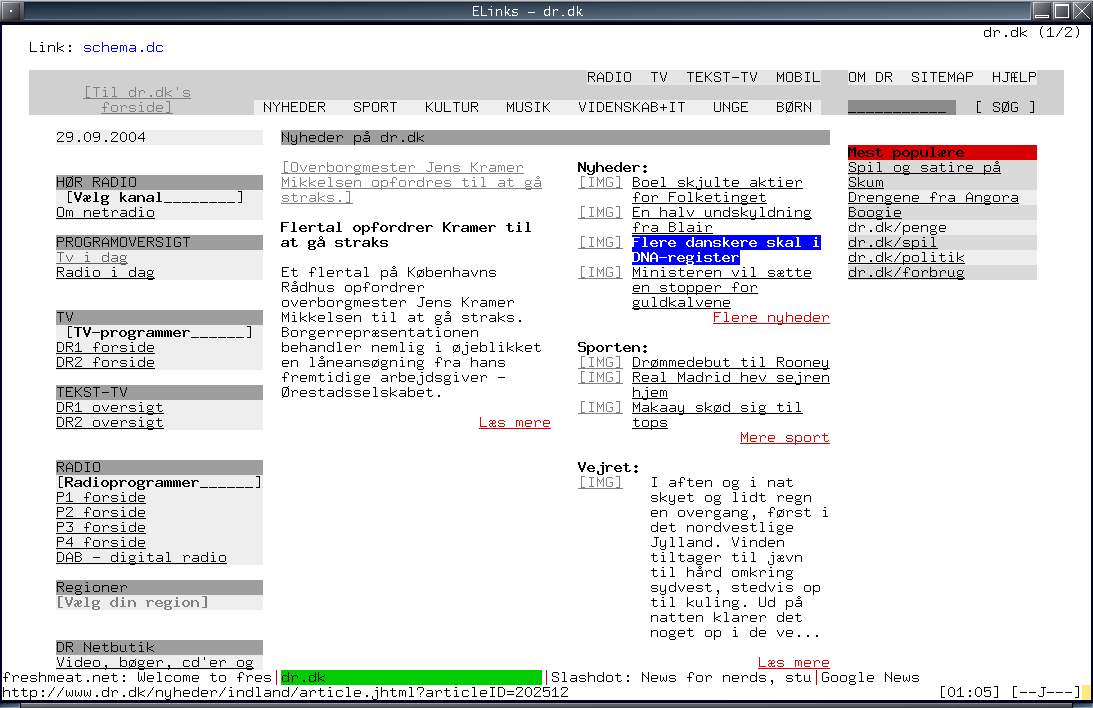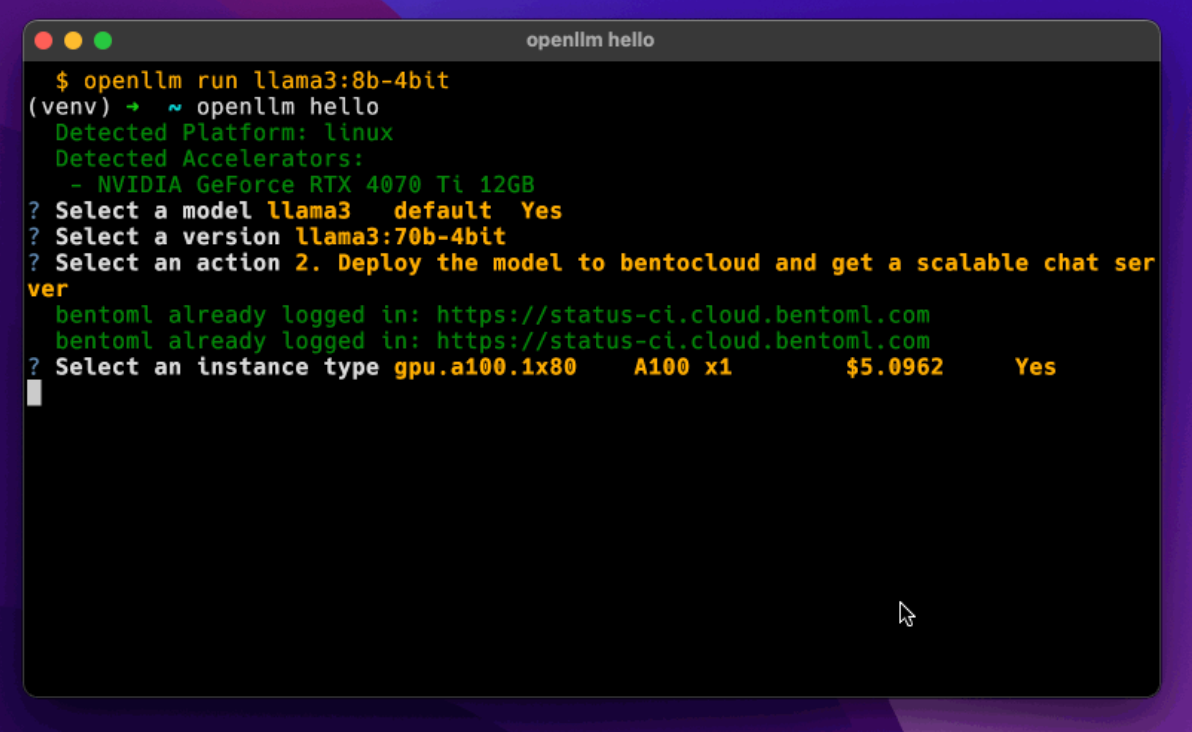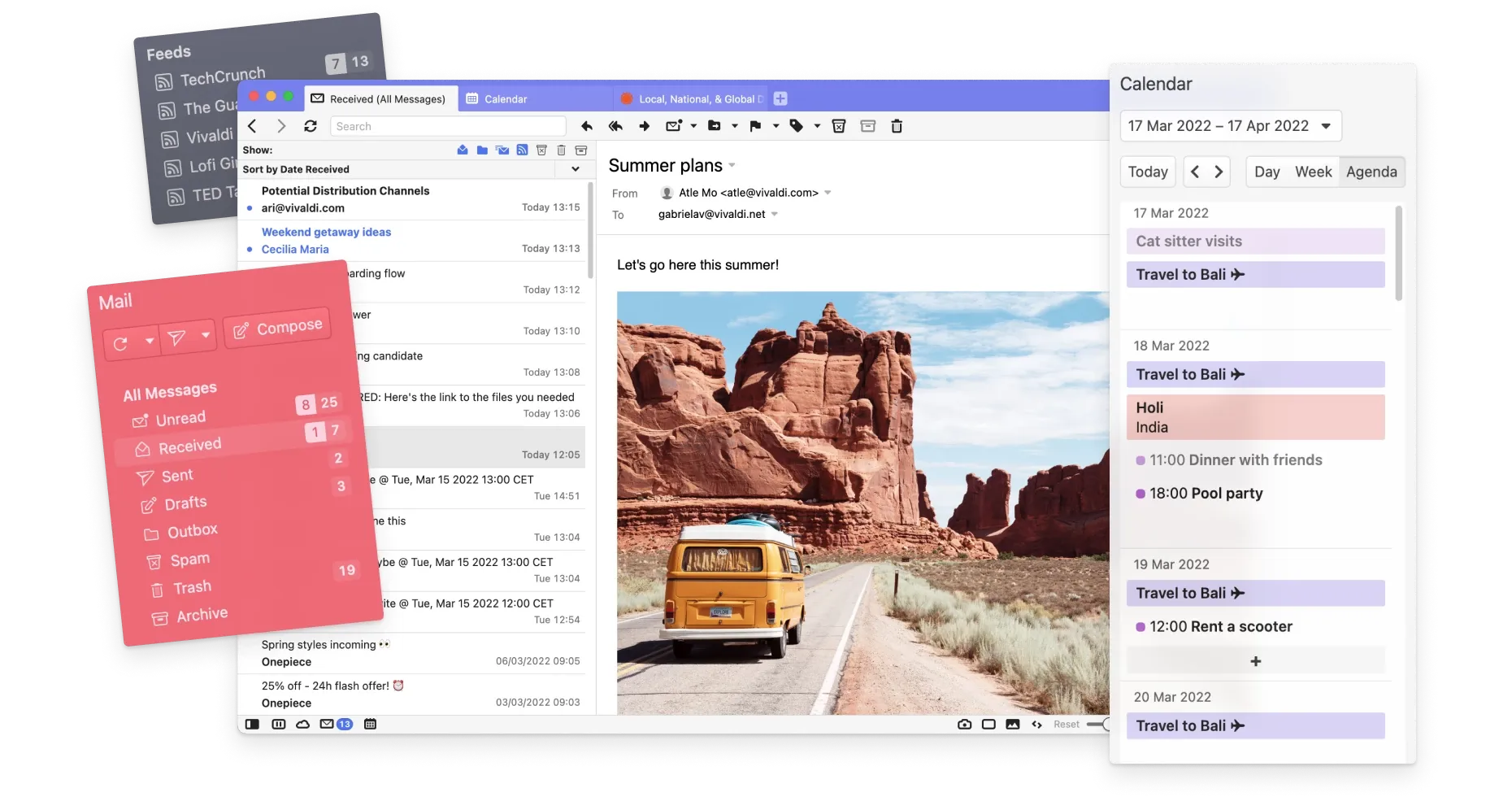Chrome's New Features: It is The Time To Manage the Messy Tabs without Extensions
Are You Truly Ready to Put Your Mobile or Web App to the Test?
Don`t just assume your app works—ensure it`s flawless, secure, and user-friendly with expert testing. 🚀
Why Third-Party Testing is Essential for Your Application and Website?We are ready to test, evaluate and report your app, ERP system, or customer/ patients workflow
With a detailed report about all findings
Contact us nowTable of Content
As someone who's been dancing between browsers for over a decade (yes, I'm that person with Arch Linux, Firefox, Opera, Vivaldi, AND Chrome all running simultaneously), I wanted to share my thoughts on Chrome's latest features. While I'm usually the first to advocate for browser diversity,
I've got to admit – Google's cooking up some interesting stuff here.
Discovering the Latest in Google Chrome: Time-Saving Tools & Personalization for Every User
Look, we all know Chrome isn't perfect (hello, RAM usage!), but these new features actually address some pain points I've encountered across all my browsers.
Let me break down why these updates caught my attention, even as someone who usually prefers more customizable alternatives like Vivaldi or Arc Browser.
1. Google Lens: Search What You See
As someone who frequently switches between Opera's built-in image search and Firefox's reverse image lookup, Chrome's Lens integration is surprisingly robust.
While I still use Firefox's privacy-focused features for sensitive browsing, Lens has become my go-to for quick visual searches.
The other day, I was trying to identify a mechanical keyboard switch in a photo, and Lens nailed it faster than any manual search could have.

2. Tab Organizer: A Multitasker's Dream
Real talk: Vivaldi has been my tab management king for years, but Chrome's new AI-powered Tab Organizer is genuinely impressive.
While it might not match Vivaldi's customization options, the automatic grouping is scary good at predicting how I want to organize my research.
For someone who regularly keeps 50+ tabs open across multiple windows (don't judge!), this is a game-changer for quick context switching.
3. Generative Themes: Design Your Chrome, Your Way
As an Arch user who spends way too much time customizing everything, I was skeptical about AI-generated themes. However, the results are surprisingly creative.
While it's not as deep as Firefox's full theming system, it's perfect for those quick aesthetic refreshes when you're tired of staring at the same browser layout all day.
4. Gemini Shortcut: Creative Help at Your Fingertips
Here's where things get interesting. While Opera has its AI Prompts and Firefox has various AI extensions, having Gemini right in the address bar is surprisingly convenient.
I've caught myself using it for quick code snippets and brainstorming, even though I usually prefer my dedicated coding environments.

5. Help Me Write: Confident Writing on Any Website
Coming from someone who writes technical documentation regularly, this feature is more useful than I expected.
While I was initially worried about it being too basic (looking at you, generic grammar checkers), it actually helps maintain a consistent tone across different platforms. It's become particularly handy for crafting responses in GitHub issues and technical forums.
Does Chrome Stand Out Against Other Browsers?
Let's be real – every browser has its strengths. Firefox remains my go-to for privacy-focused browsing, Vivaldi for heavy customization, and Opera for its built-in tools.
But Chrome's latest features show a smart balance between innovation and usability. While power users like me might still prefer more specialized browsers for specific tasks, Chrome is making a compelling case for being a solid daily driver.

A Strong Place in the Browser Ecosystem
As someone who believes in using the right tool for the job, I've got to give credit where it's due. These new Chrome features aren't just gimmicks – they're practical solutions to real browsing needs.
While I won't be uninstalling my other browsers anytime soon (you'll pry Vivaldi's tab stacking from my cold, dead hands), Chrome has earned its place in my daily rotation.
For those of you fellow tech enthusiasts who love to experiment with different browsers, these features are worth checking out.
They might not revolutionize your workflow, but they definitely make everyday browsing tasks smoother. And isn't that what we're all looking for in the end?
What's your take on these new Chrome features? Are you a browser enthusiast like me? Drop a comment below – I'd love to hear about your setup!













